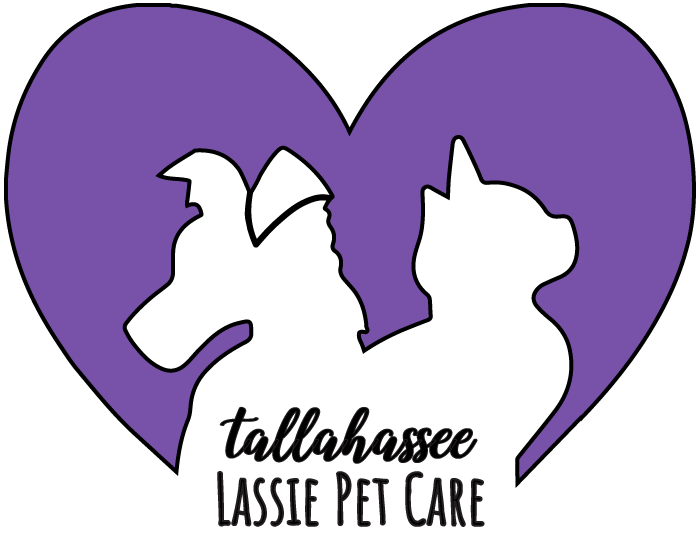Doggy Dietary Recommendations and Common Mistakes to Avoid
Are you a new pet parent, or curious about feeding guidelines for your dogs? In this blog, we will cover dietary recommendations based on stage of life, common mistakes made with feeding dogs, and avoiding bloat! As always, please consult your veterinarian before changing your dogs diet.
Feeding Guidelines, based on stage of life:
Puppy Stage (Up to 12 Months):
Specialized puppy food with higher protein and nutrient content for growth.
Frequent, smaller meals to accommodate a puppy's smaller stomach.
Adult Stage (1-7 Years):
Balanced diet with appropriate levels of protein, fats, and carbohydrates.
Regular meals to maintain energy levels and overall health.
Senior Stage (7+ Years):
Lower-calorie diet to prevent obesity in less active senior dogs.
Joint-supporting supplements for mobility.
Pregnancy and Lactation:
High-quality puppy or growth-formula food for pregnant and nursing dogs.
Increased caloric intake to support the energy demands during this period.
Remember to adjust portion sizes based on your dog's individual needs, breed, exercise, and consulting with a veterinarian is advisable for specific guidance.
Avoid Bloat!
Here are tips to help avoid bloat (gastric dilation and volvulus) in dogs:
1. Slow Eating:
Use slow-feed bowls or puzzle feeders to discourage rapid ingestion.
2. Small, Frequent Meals:
Divide daily meals into smaller, more frequent portions to prevent overeating.
3. Avoid Exercising After Meals:
Wait at least an hour after eating before engaging in vigorous physical activity.
4. Raise Food Bowls:
Elevate your dog's food and water bowls to reduce the likelihood of swallowing air.
5. Stress Reduction:
Minimize stress during mealtime and create a calm eating environment.
6. Limit Water Intake with Meals:
Reduce the amount of water your dog drinks during and immediately after meals.
7. Choose Right Food:
Opt for high-quality, easily digestible dog food with appropriate ingredients.
Always consult with your veterinarian for personalized advice and if you notice any signs of bloat, seek immediate veterinary attention as it is a serious emergency.
Below, you’ll find the common mistakes in feeding:
1. Incomplete Nutrition: Failing to provide a balanced diet with essential nutrients.
2. Overfeeding: Leading to obesity and related health issues.
3. Feeding Human Food: Some foods are toxic to dogs, like chocolate, onions, and grapes.
4. Inconsistency: Frequent changes in diet can upset a dog's digestive system.
5. Lack of Fresh Water: Ensure access to clean water at all times for proper hydration.
6. Ignoring Breed-Specific Needs: Different breeds may have unique dietary requirements.
7. Feeding Too Many Treats: Treats should complement, not replace, a balanced diet.
Remember, consulting with a veterinarian is crucial for tailored advice based on your dog's specific needs.

